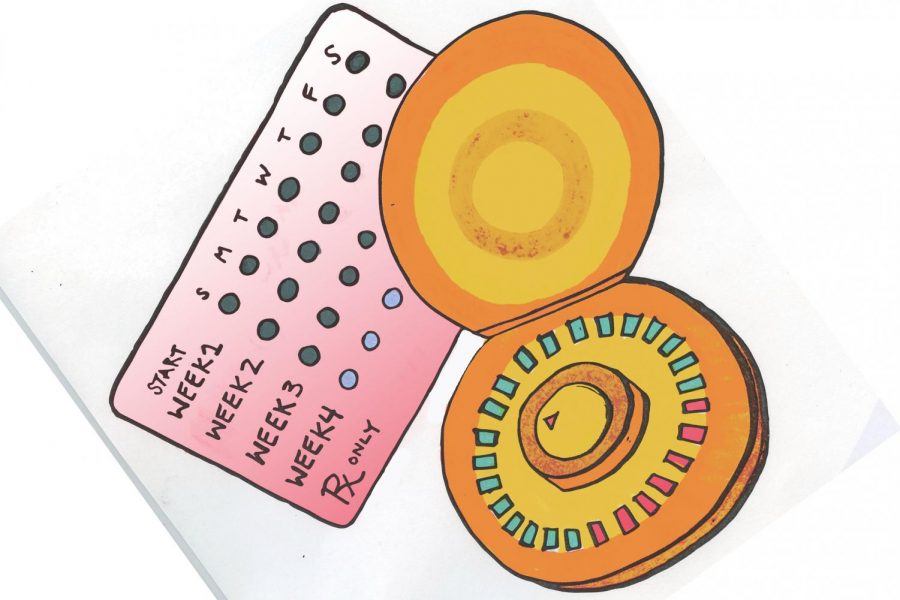New Birth Control Bill Passes Iowa Senate
May 31, 2019
A few weeks before the 2018 midterm elections, Governor Kim Reynolds surprised many with talk of a bill that would increase access to birth control. As a strong, self-proclaimed pro-life advocate, this came as a surprise to both her supporters and critics, and she was accused of making empty promises. But five months later, at the end of March, the Iowa state Senate passed this bill, Senate File 513, in a 42-to-6 vote, and now is heading to the House.
“You’re going to see an expansion of opportunities for women to control their health care, which is something the Democrats have been trying to do in this state for years,” House Representative Zach Wahls said. “[The bill] is going to mosty impact those who may not necessarily be able to get a prescription easily or quickly, so that’s why having this over the counter piece is really important.”
This bill would allow women 18 years and older to purchase oral contraceptives at a pharmacy without a prescription. Patients would have their blood pressure checked by the pharmacist and be required to complete a self-screening assessment, which is modeled after similar legislation that was passed in both Utah and Oregon, before obtaining the contraceptive. Prior to a pharmacy being permitted to distribute birth control without prescriptions, pharmacists would have to complete a training program along with continuous education requirements regarding the distribution of hormonal contraceptives.
“I hope that when [this bill] is passed, it’s made super clear to the public which pharmacies can provide prescription-free birth control and which ones can’t, because right now it’s not obvious whether this will have an impact for women in all parts of Iowa or not,” Mya Kahle ‘20 said. “But I’m really glad it’s happening. I have to say I’m surprised Kim Reynolds would propose something like this after she signed the heartbeat bill.”
In May of 2018, Governor Reynolds signed the “heartbeat bill”, the most restrictive ban on abortion in the nation, that banned abortion after the fetal heartbeat is detected, which can occur before a women even knows she is pregnant. It was quickly challenged in court and was deemed unconstitutional under the Iowa Constitution by Iowa District Court Judge Michael Huppert. Governor Reynolds had the option to appeal the court decision in February of 2019, but decided against it, handing over a victory to many who oppose her pro-life position.
Reynolds’ recent actions that support those who are pro-choice over those who share her view on abortion have lead some to become skeptical of her administration’s future decisions.
“I didn’t see this proposal coming from [Reynolds], even though increased access to birth control will mean fewer abortions, but I’m definitely worried that something will come afterwards that makes it more difficult to get an abortion if needed,” Lizzi Ayers ‘20 said.
But the skepticism certainly doesn’t override the excitement coming from Democrats about this bill, and as a proposal coming from a Republican Governor, the future of the bill is bright.
“It’s a step in the right direction. I would like to see it grow, of course, and I hope that’s what’s going to happen over time,” Wahls said.







































